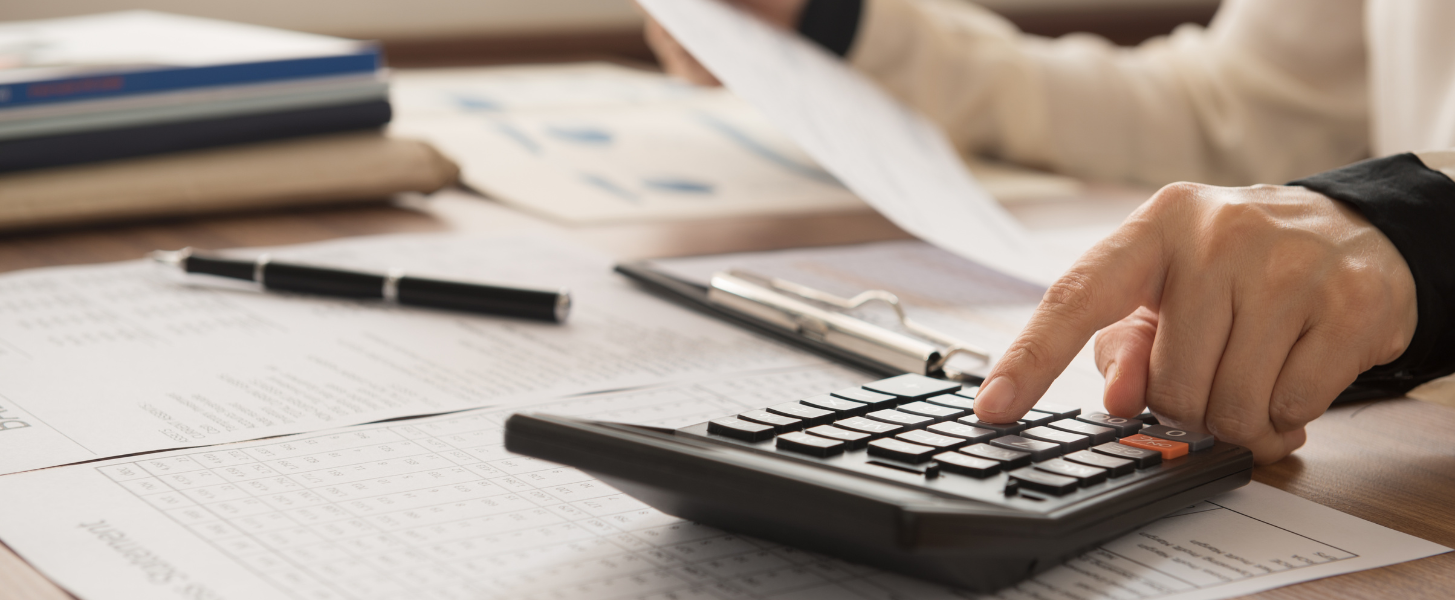For property managers, efficient lease accounting is the backbone of a successful property management business. The accurate and timely execution of various lease accounting activities is vital for maintaining financial health, ensuring compliance, and building strong relationships with property owners and tenants. In this blog, we’ll delve into the significance of performing essential lease accounting activities accurately and on time.
1. Accounts Receivable: Tracking Revenue and Payments
Effective accounts receivable management is crucial for property managers to track and collect rental income promptly. By staying on top of receivables, property managers can identify outstanding payments, follow up with tenants, and ensure a steady cash flow. Accurate accounts receivable records enable property managers to forecast revenue accurately and plan for property improvements and maintenance.
2. Invoice Preparation: Transparent and Error-Free Billing
Preparing accurate and transparent invoices is essential to maintain healthy relationships with tenants. Clear and detailed invoices prevent confusion and disputes, and they foster trust between property managers and tenants. Timely invoice generation also encourages tenants to meet payment deadlines, reducing the likelihood of late payments or delinquencies.
3. Receipt Posting: Real-Time Tracking of Payments
Prompt receipt posting is vital for maintaining up-to-date financial records. It allows property managers to monitor which tenants have made payments and helps in identifying delinquencies or non-payments quickly. Real-time tracking of receipts ensures that property managers have a clear overview of the financial status of each property they manage.
4. Bank Reconciliation: Ensuring Accuracy and Integrity
Bank reconciliation is a critical lease accounting activity that helps property managers ensure the accuracy and integrity of their financial data. By reconciling bank statements with accounting records, property managers can identify any discrepancies or errors, thereby preventing financial misstatements and maintaining clean financial records.
5. Late Fee & Delinquency Posting: Encouraging Timely Payments
Charging late fees for overdue payments is an important aspect of lease accounting. By applying late fees promptly and consistently, property managers incentivize tenants to pay on time, thus reducing delinquencies. Additionally, late fee posting ensures that tenants are aware of the consequences of late payments, promoting responsible financial behavior.
6. Monthly Processing: Timely Financial Reports
Timely monthly processing of lease accounting activities is crucial for generating accurate financial reports. Property managers can evaluate the financial performance of each property, identify trends, and make data-driven decisions. Monthly reports provide property owners with valuable insights into the financial status of their properties and demonstrate the property manager’s efficiency and professionalism.
7. Billbacks: Accurate Expense Allocation
In some property management arrangements, certain expenses are billed back to tenants. Accurate billbacks ensure that tenants are charged the appropriate amounts for shared expenses, such as utilities or maintenance costs. Proper expense allocation helps maintain transparency and fosters a positive relationship between property managers and tenants.
8. Recurring Charges Posting: Automated Efficiency
Recurring charges, such as monthly utilities or parking fees, require regular posting to tenants’ accounts. Automating this process ensures efficiency and accuracy, reducing the likelihood of missed charges and streamlining the accounting workflow.
Accurate and timely lease accounting activities are the cornerstone of a successful property management business. By diligently performing these tasks, property managers can maintain financial transparency, comply with regulations, and cultivate trust with property owners and tenants. Embracing a systematic approach to lease accounting will lead to better financial outcomes and solidify the property manager’s position as a competent and reliable professional in the industry.
Outsourcing lease accounting activities to a trusted lease administration service provider relieves property managers from the burden of handling complex accounting tasks, allowing them to focus on core property management responsibilities. By leveraging the expertise of a specialized service provider, property managers can ensure that lease accounting is handled with utmost accuracy, compliance, and efficiency. A reputable lease administration service provider is well-versed in industry best practices and stays up-to-date with evolving accounting regulations. This expertise ensures that all lease accounting activities, such as accounts receivable, invoice preparation, receipt posting, and bank reconciliation, are executed flawlessly, minimizing the risk of errors or omissions.
